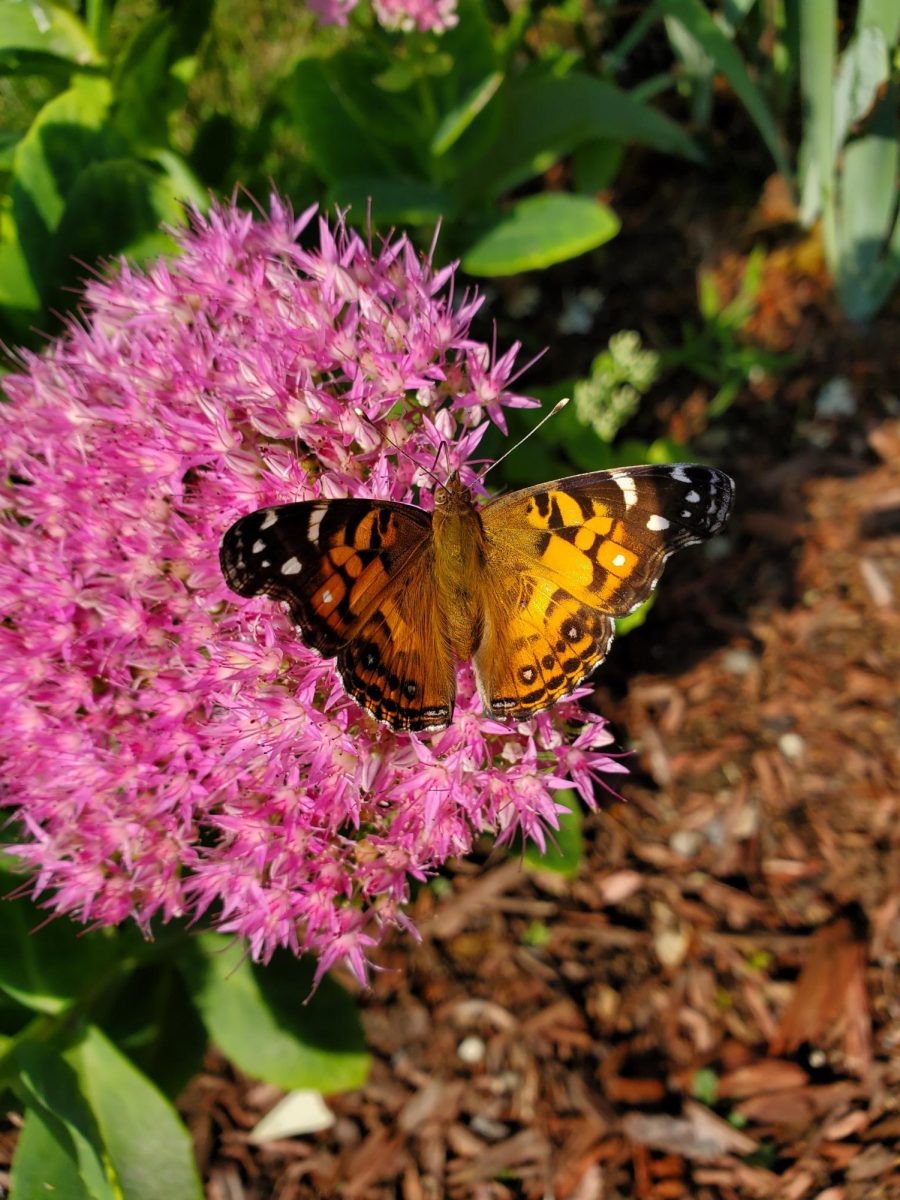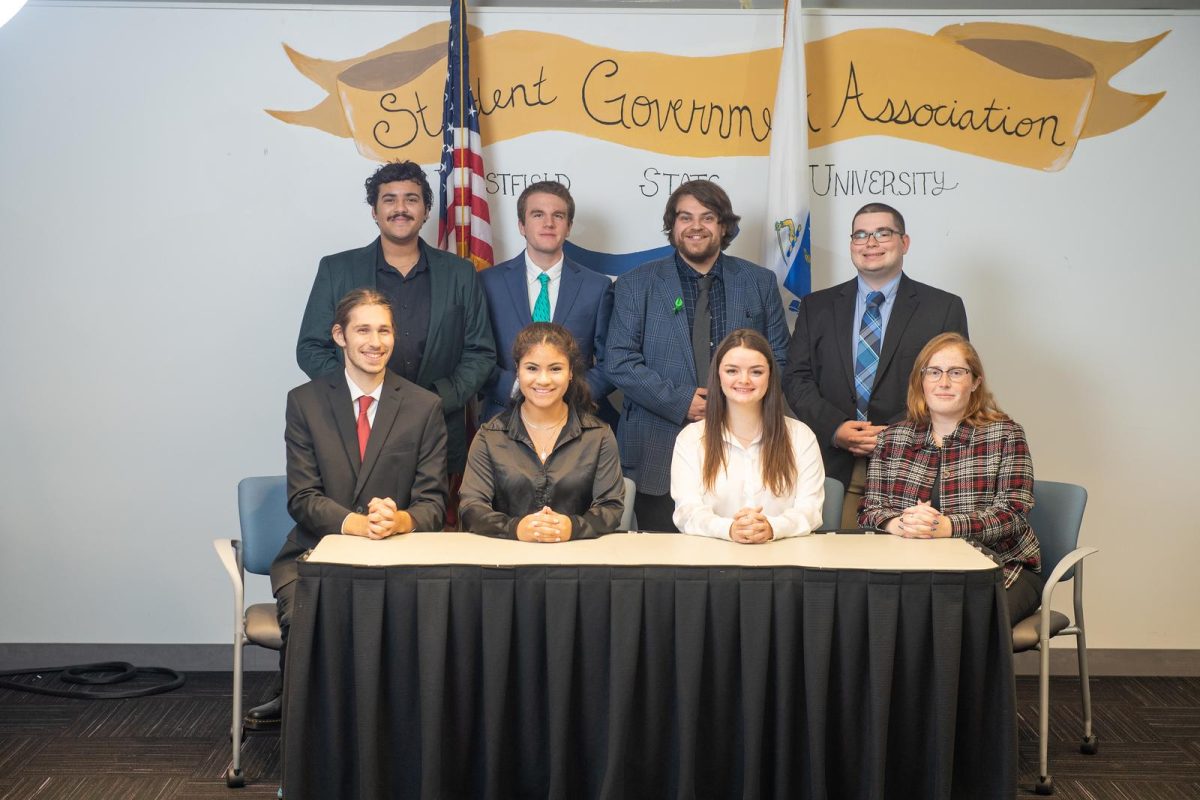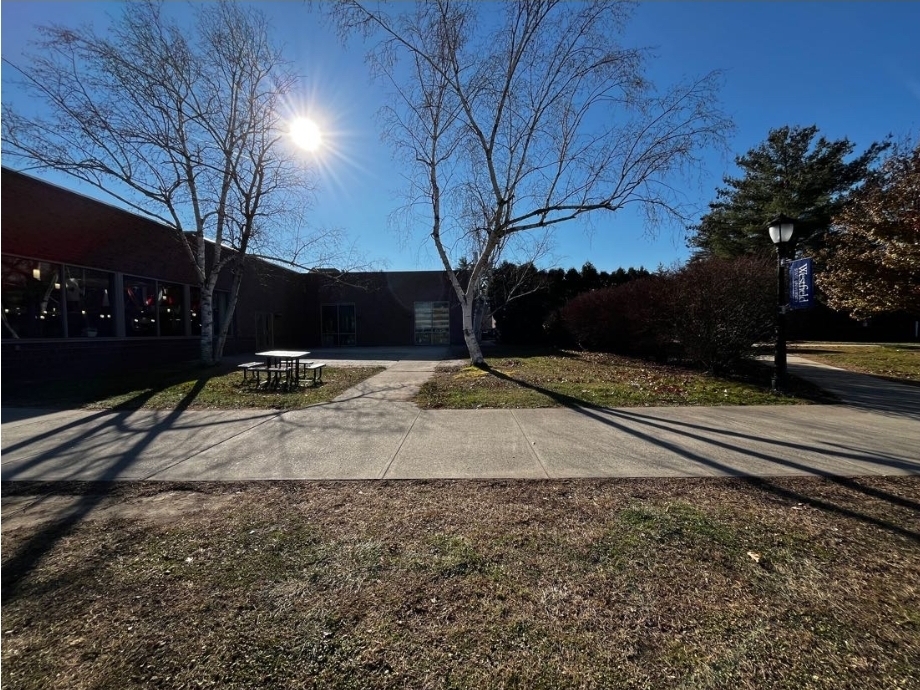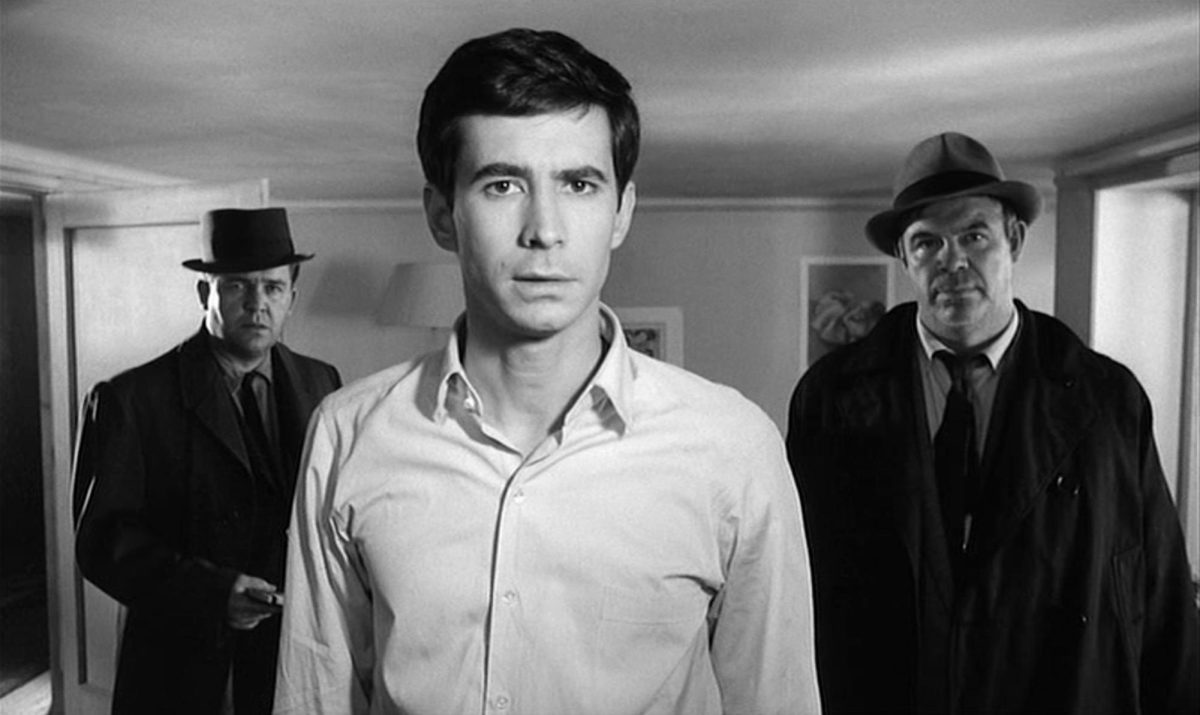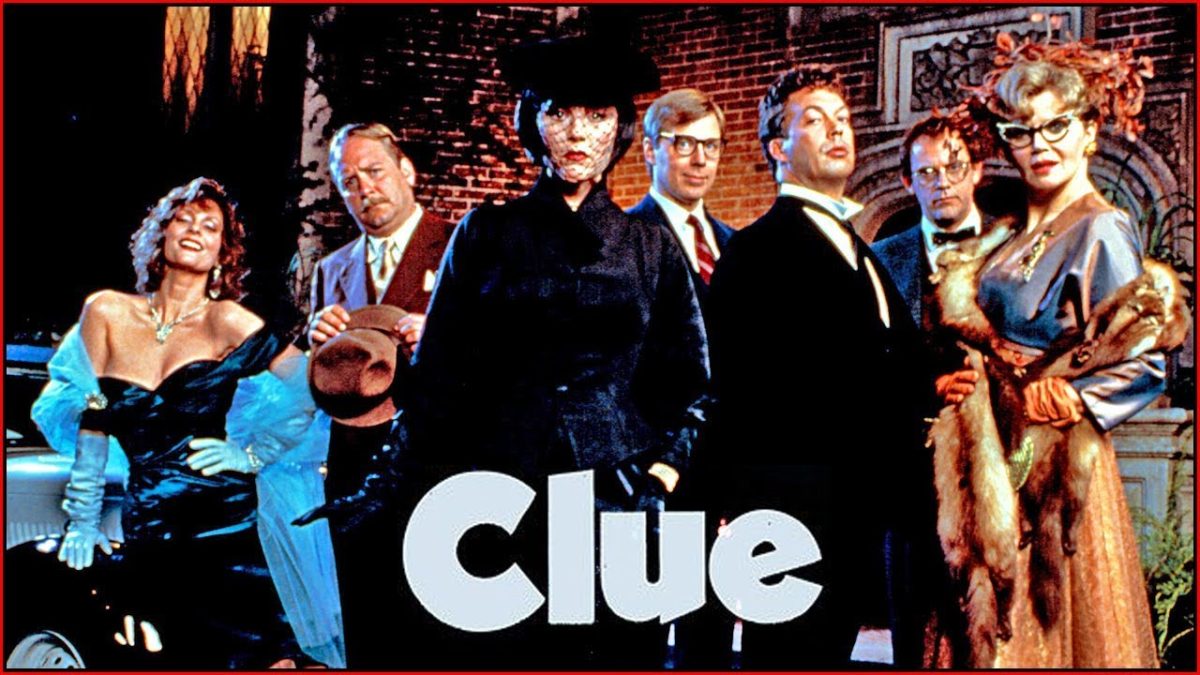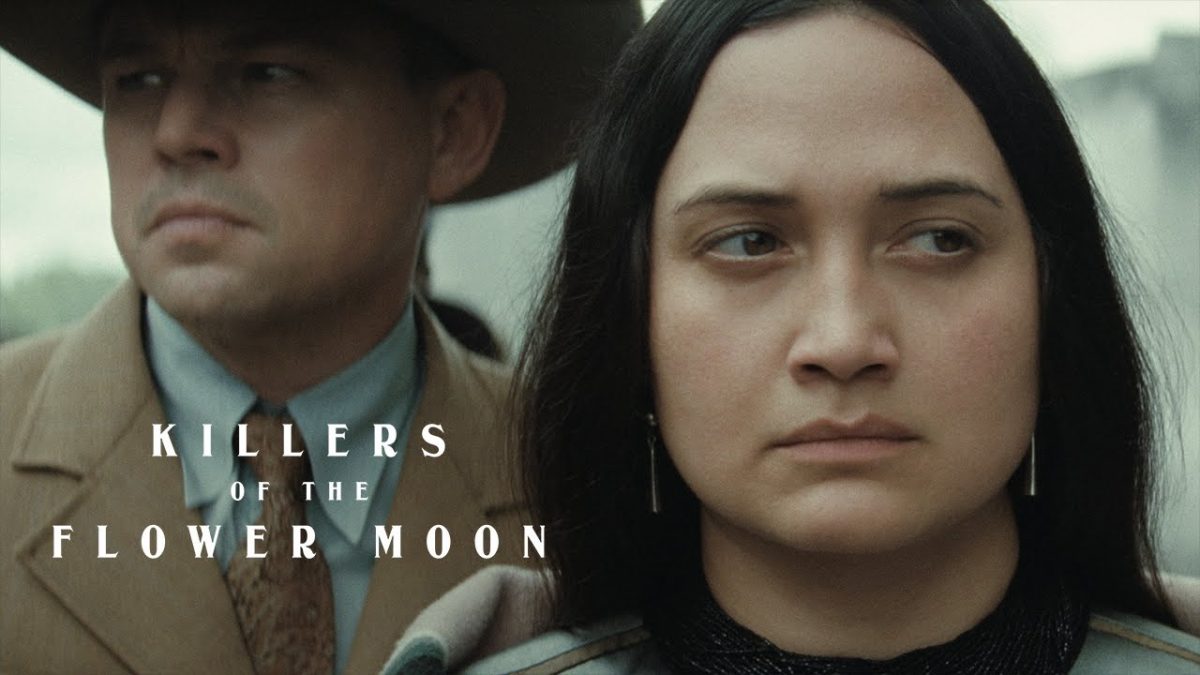The Environmental Science Department at Westfield State University prides itself on prioritizing hands-on learning in its courses, and the course Restoration Ecology (ENVS 241) as taught by assistant professor Dr. Lauren DiCarlo is no exception.
In previous semesters, the students enrolled in Restoration Ecology have taken part in a project to create a pollinator garden on campus from plants grown right in the lab. Pollinator preservation is becoming an increasingly hot topic for environmentalists today as more pollinators are impacted by anthropogenic threats such as habitat degradation, pesticide use, and introduction of invasive and non-native species.
This is a significant issue since many pollinators – which include bees, butterflies, moths, beetles, birds, some mammals, and more – contribute to the pollination of roughly 75% of flowering plant species. In fact, 35% of crops, or $3 billion dollars’ worth of crops, are pollinated by native bees in North America. In other words, without pollinators, entire ecosystems and economies would collapse. By introducing a pollinator garden to Westfield State, Dr. DiCarlo and her students hope to provide these crucial species with the nutrition, nesting sites, and mating sites to continue their crucial work.
As if this weren’t a big enough issue to tackle, the pollinator garden will also address the threat of invasive and non-native species by using native wildflower species, including bee balm, boneset, common milkweed, great blue lobelia, New England aster, and yellow coneflower. Invasive species are species that grow rapidly in areas where they were not previously present and are the second greatest threat to biodiversity after habitat loss. Native species, on the other hand, are essential in restoration projects since they provide habitat and food for native animal species, including pollinators.
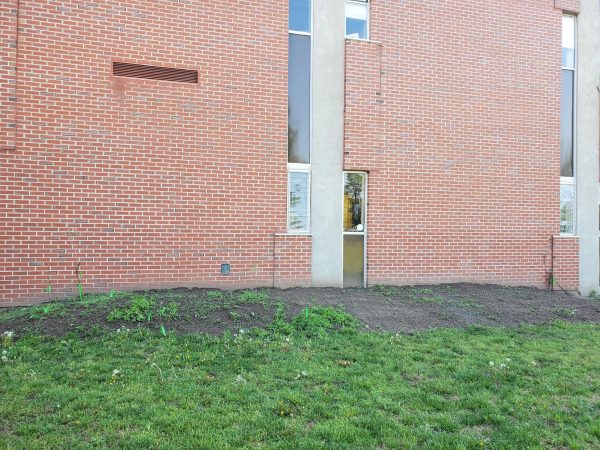
In January of 2023, students were separated into smaller groups and assigned two species of native wildflower seeds to plant in the lab. Each group was also instructed to choose a method of treatment for an experimental group prior to planting the seeds, such as freezing, sanding, or soaking the seeds. Over the course of the semester, students recorded various data regarding their plants, such as the number of times the plants were watered per week, plant height, and percent growth in both their control and experimental groups.
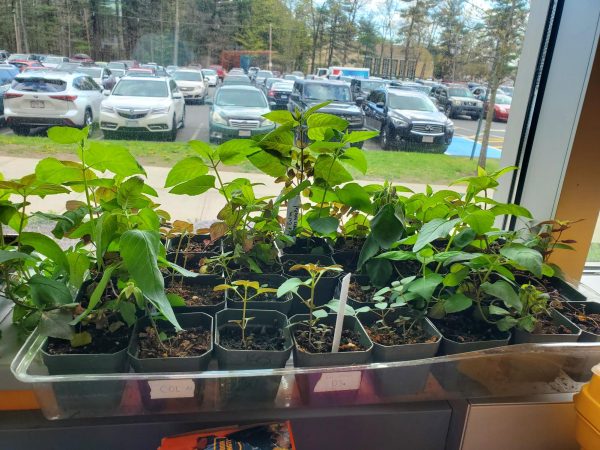
Overall, students saw a wide range of results, from dozens of flourishing seedlings to a complete lack of growth for an entire species. In late April, the students weeded and tilled the soil of a small patch of land next to the greenhouses on the side of Wilson Hall. Once plants had reached a manageable size, students transplanted them outside where the pollinator garden now blooms in early fall.
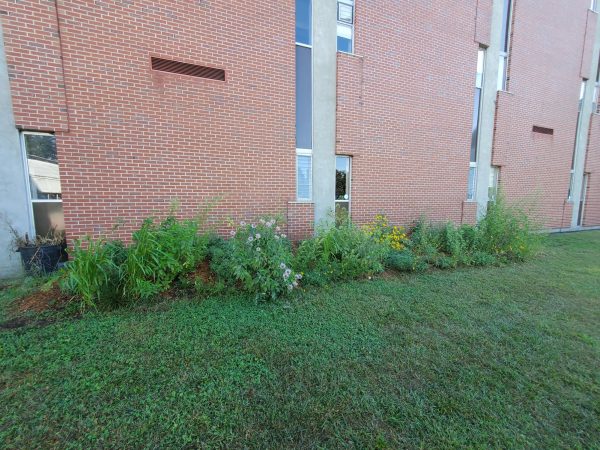
Aside from the obvious ecosystem benefits, Dr. DiCarlo hopes that the pollinator garden will also provide aesthetic value to campus, and that the garden itself may inspire Environmental Science students to continue its valiant efforts through Senior Capstone projects or coursework.
Aside from that, however, it is likely that most students – regardless of major – will simply be happy to have even a small slice of the natural world in their daily lives.




















